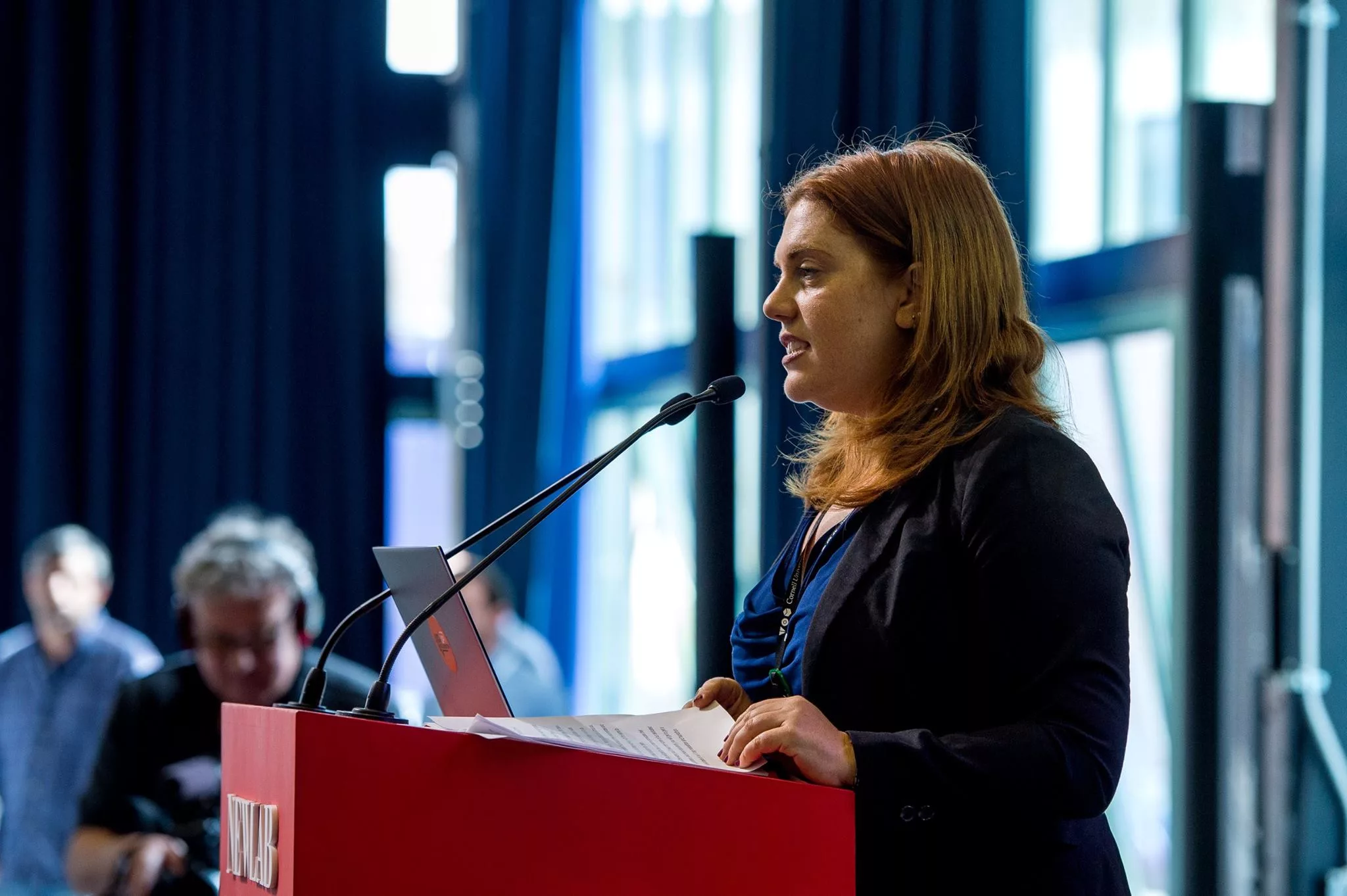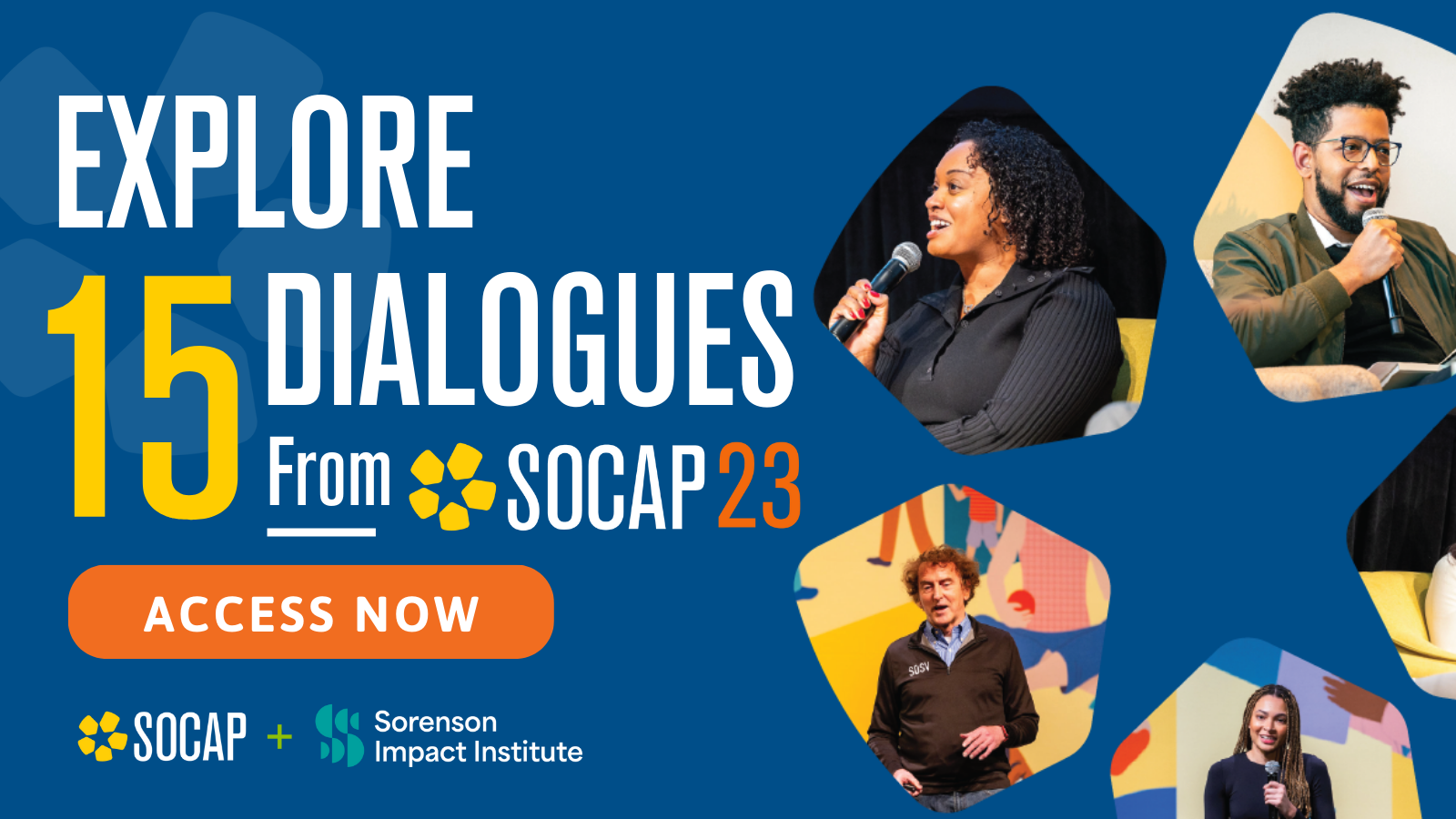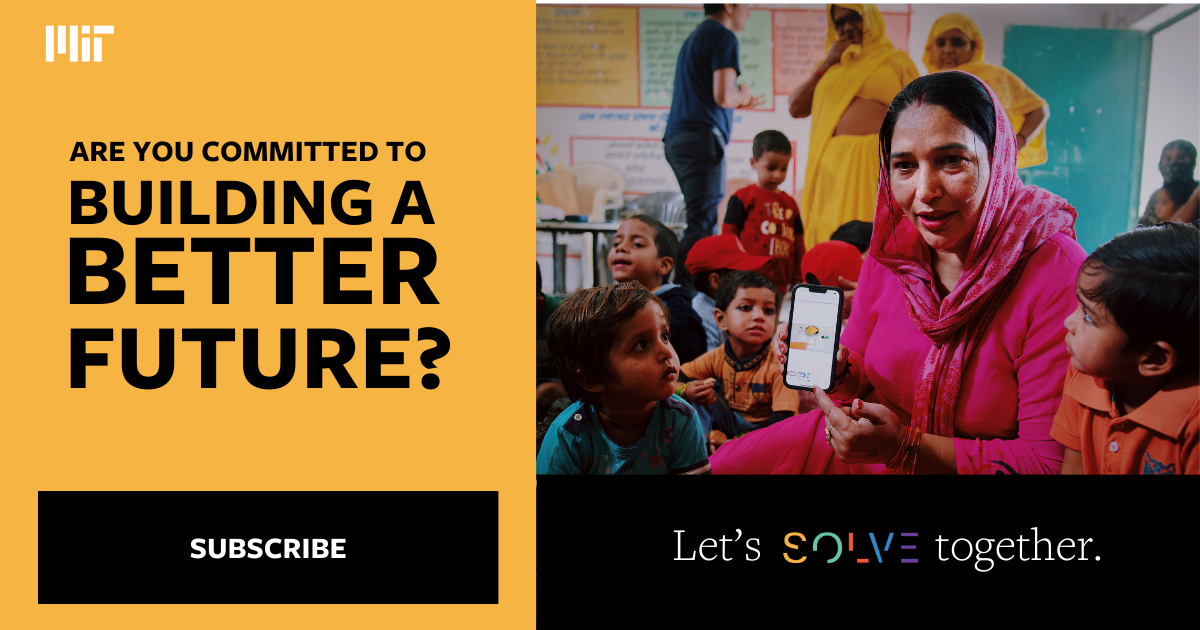“I promise you, we will win
The Day after That from Kiss of the Spider Woman
If not tomorrow
Then the day after that
Or the day after that.”
Most industries and companies live and die by their Key Performance Indicators, or KPI’s. Everyday goals are set, and, at the end of the day, when the numbers are in, celebrations are had for the stores/locations/teams that make their goals. As you leave work, you’ll be reveling in the success of a day well done and feeling like the superstar you always knew you were.
And then the next day will arrive. You’ll open the store, and the stress would begin all over again. It won’t matter how well you did yesterday, today is new, and you have to hit your KPI’s today too.
Day after day after day.
For some businesses, this repetition comes in the form of a monthly close. For others, maybe a yearly audit. Across every industry and every type of business or organization, the cycle is similar.
Do everything you can to meet the goal for the day. Celebrate when you meet it. Sleep. Start over.
Sometimes it leads to us thinking outside the box – innovating – and coming up with new ways to meet our targets. And if we don’t meet our goals, it requires tweaking and repeating – agility – the process of examining what went wrong and correcting it the next day.
Most of us never think about this. It just is the way it is. We know that in order to be successful over the long term, we have to set goals, meet those goals, celebrate our success or examine our failures, and then start over with new goals for a new day.
It is part of the culture of work. Stop for a minute and think. Can you imagine a workplace that didn’t require this?
And yet, every day across the country and around the world, companies and entrepreneurs make bold statements about what they are going to do to create a better world – to negate their carbon footprint, to incorporate diversity and inclusion, and to have a positive social impact – and never put those statements through this essential standard of running a successful project, organization, or business.
The only explanation for how we have managed to let this slide for so long is that we have not really been that concerned with whether or not these things were happening. The time for that is over.
In order to survive, businesses are going to have to set real, measurable targets in social impact, report on them, celebrate the success, tweak the failures, and get up the next day and start again. The reality is that whether they do or not, the public will be; over ¾ of all consumers are looking for companies that are addressing social issues – not talking about, but addressing. And this is only the beginning. It is indeed a new day for business, particularly those that champion social impact and sustainability.
And the only way to prove that we are addressing these issues is to create goals and report our successes and failures. What we need is a way to do just that.
Fortunately, that’s exactly what Michal Kabatznik and Oded Shorer have given us with their startup, Milestone Labs. They are experts in both social impact innovation and the KPI’s that go along with that. In fact, every day they help companies create sustainable, scalable solutions to solve human problems around the world.
And while this has been their model for the past two years, as they think about the post-COVID-19 world, they are asking the hard questions – of themselves and the people they work with.
How can organizations ensure they will go beyond this phase to create lasting change and deepen their impact and sustainability commitment?
Michal and Oded know that consumers are demanding actions over words. Everyone is talking about what they are going to do today, and maybe even tomorrow.
Many brands are even putting money behind what they are saying, like Sephora pledging to dedicate 15% of shelf space to black-owned brands, Lowe’s funding $25 million in grants to help minority businesses reopen, and numerous companies paying their employees while they are closed due to COVID-19. What comes next is not just reporting that they actually did these things, it’s creating systems, policies, and programs to be sure these actions are part of a plan to adapt their business to serve their customers, their communities, and their bottom line.
In order for social impact companies to create real tangible social impact, business as usual has to mean moving towards a vision of Profit + Impact, not profit v. impact. Which is exactly why they started Milestone Labs. They were both frustrated with the companies they had worked for who used their social impact plans more as a vehicle for PR than a vehicle for lasting change.
And they knew that companies needed to be held accountable, not just because it was the right thing to do, but because the day was coming when they would have no choice.
So they created a way for companies to design social impact programs, measure them, and report them to their stakeholders.
Their system is centered around four pillars: adaptation & agility, inclusivity & diversity, breaking the silos, and designing for social impact.
- They are helping companies be agile and adapt their offerings to provide more for their customers and more for their bottom line.
- They are helping companies create new workplace cultures that make everyone feel included and represented.
- They are encouraging cross-sector partnerships, such as corporations working directly with nonprofits to better understand the needs of their communities, governments shifting procurement policies and widespread collaboration that will help us all get back on our feet faster.
- They are uniquely positioned, as an international social impact innovation consulting firm, to work with companies to ensure their social impact is sustainable and serves their customers and communities.
And if you stopped there, all of that might sound like beautiful language that could just as easily be a vehicle for PR as it is a vehicle for change.
But they definitely did not stop there.
In response to the understanding that many businesses will be watching their wallets for the coming future, Milestone is walking their walk and adapted their own business model to meet the needs of their customers – and to continue to have a real, measurable impact.
They’ve broken their offerings down into four categories. Companies can pick and choose the module(s) they need the most today:
- CSR & ESG Guidance that focuses on achievable, sustainable, social innovation projects and are on-brand and engage all stakeholders,
- Innovation Consulting that is multi-disciplinary and combines practical and theoretical design thinking,
- Workshops, Events, & Hackathons offered in a variety of time-frames and styles to facilitate prototyping solutions for social change, and
- a fully equipped Solutions Incubator or prototyping products and preparing them to be market-ready for broad distribution.
Michal and Oded know that for there to be a long-term change in how companies operate and in how the world lives, CSR and social impact have to become the norm, not the exception. They know, and they are designing their work to prove, that for sustainability and social impact to truly become part of our everyday culture, the success (and failures) should be assessed the same way any other project would be.
If you tell them this sounds like a lofty goal, particularly for a young company, they’ll agree. And then they will remind you that there are many things about how business operated today that would have been thought of us strange just a short time ago. Consider the fact that in only the last 45 years, we had our first female appointed to the Supreme Court, in only the last 30 years, child labor has become an unthinkable practice, and in just the past 10 years or so, environmentalism has moved from a revolution exclusive to hippies and feminists to a mainstream concern.
It was also not that long ago that Don Norman, author of The Design of Everyday Things said, “You don’t think about the process of how a light switch works when you turn it on. It just works. That’s what needs to happen to computers in order for people to get the most out of them.” And, clearly, that’s what has happened! In 1988, when his book was originally published, only 15% of homes had a P.C. and a TB of data would have cost $58 million (compared to < $500 today)!
Oded and Michal are designing companies that will make sustainability and social impact as everyday boring as computers and light switches, starting with their own.
Connect with Milestone Labs today to create your own innovative social impact plan, implementing it, and measuring it!







